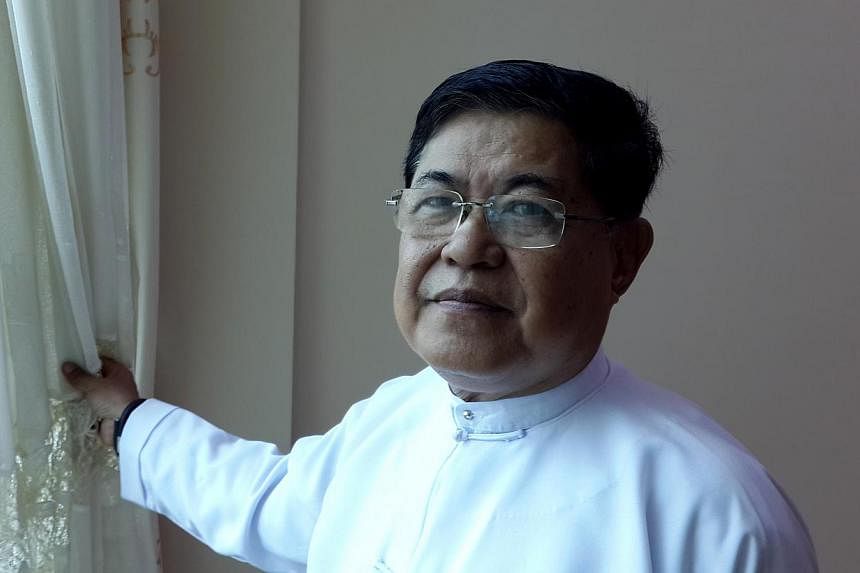MYANMAR ministers have robustly defended their government's track record ahead of a meeting today between US Secretary of State John Kerry and Myanmar President Thein Sein.
Mr Kerry is in Naypyitaw for meetings today and tomorrow with Asean foreign ministers and counterparts from Asean dialogue partners, including China, India and Australia. He will also meet Myanmar's influential speaker of parliament, Mr Shwe Mann. On Sunday in Yangon, he will meet Myanmar opposition leader Aung San Suu Kyi.
The Secretary of State has come under pressure from some human rights groups as well as Republicans in the US Congress to roll back some of the red carpet the Barack Obama administration has extended to Myanmar's government amid the three-year-old transition to democracy.
They have cited frequent violence against Muslims by right-wing Buddhists, which have left many dead and tens of thousands displaced, and a deteriorating media freedom climate. They have also questioned the sincerity of the reform efforts of the still essentially military-backed government.
But in an exclusive interview on Friday afternoon, Cabinet minister Soe Thane, one of the president's key ministers and a driver of the reforms, told The Straits Times that critics should take a holistic view of the complex transition, which after over four decades of military dictatorship, was proceeding faster than similar transitions elsewhere. Problems were only to be expected, he insisted.
"We recognise fully that sectarian violence is a cancer that will destroy any hopes for a successful transition to peace, prosperity and democracy,'' he said.
"Our friends abroad must understand however that we are not a dictatorship and that we must move against the forces of sectarianism in a way that promotes and does not undermine the democratic culture and institutions that we are working so hard to build."
"There is no turning back, no backsliding,'' Mr Soe Thane said in the interview in his office in Naypyitaw's sprawling government zone.
"To see the situation in terms of a straight line on which this nation can go forward or backwards is simplistic.''
"What we are attempting here is a multi-faceted transition that has no parallel in modern times. We have problems, big problems, but if we listen to armchair analysts from thousands of miles away, who are impatient and reach for easy answers, it is the 60 million people of Myanmar that will suffer."
Separately at the Asean Ministerial Meeting on Friday, Myanmar's newly-promoted minister of information, Mr Ye Htut, told reporters at his first press conference: "We have had successes but we don't deny there are challenges we are still facing and we are trying our best to overcome these challenges.''
"We understand there is some concern in Washington especially in Congress, but they must understand the government can't solve all problems in three years. These problems are deep rooted, since before 1948. Instead of blaming us, they should try to find a way to help Myanmar people.''

